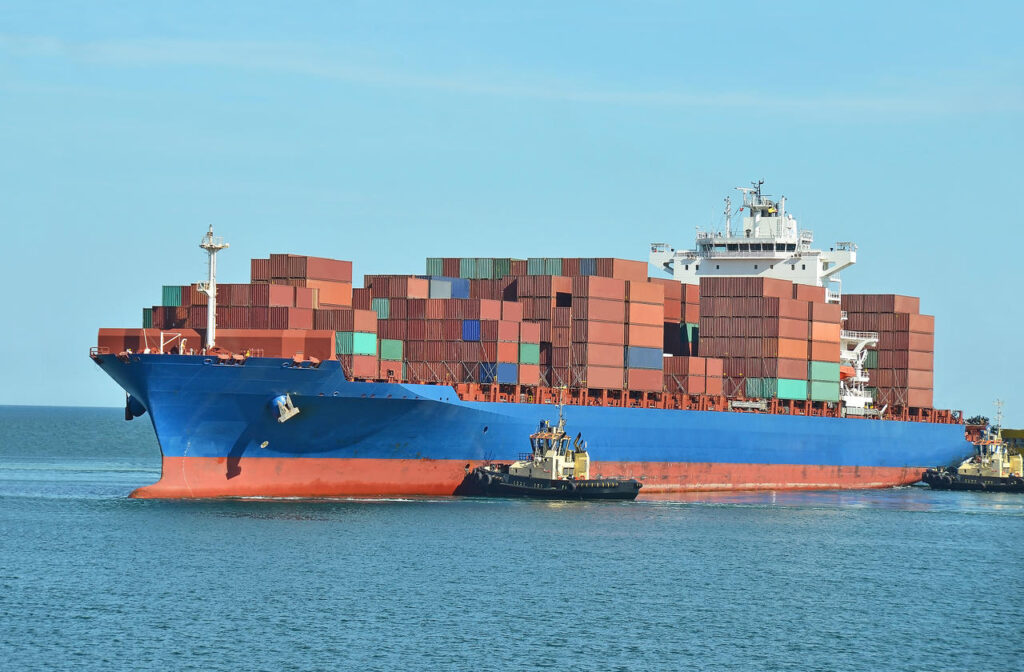Shipping from China to Germany requires a strategic approach, especially when dealing with dangerous goods or ensuring fast e-commerce delivery. Whether you’re managing hazardous materials or just need to track freight shipments efficiently, knowing the best practices can help you avoid delays and complications. This guide explores how to handle dangerous goods for Germany shipping, how to ensure fast e-commerce shipping, and how to track your freight shipment.
How to Handle Dangerous Goods for Germany Shipping
Shipping dangerous goods to Germany requires compliance with both Chinese and German regulations. These items include chemicals, flammable materials, and other hazardous substances. The process involves:
- Proper Classification and Packaging
Ensure the dangerous goods are correctly classified according to international standards. Packaging should meet safety guidelines to prevent accidents during transport. - Documentation
Dangerous goods require special documentation such as a Dangerous Goods Declaration (DGD). Ensure all paperwork is in order to avoid customs delays. - Choose the Right Shipping Method
Sea freight is often used for dangerous goods, but air freight can also be an option, depending on the urgency. Both methods have specific requirements for dangerous goods, so work with a shipping company that understands these regulations. - Partner with a Specialized Shipping Company
It’s crucial to partner with a logistics company experienced in handling hazardous materials to ensure that all safety and legal requirements are met.
E-commerce Shipping to Germany Fast
For e-commerce businesses looking to ship quickly to Germany, fast shipping is crucial to meet customer expectations. Here are some ways to expedite the process:
- Choose Air Freight
Air freight is the quickest method for e-commerce shipments, delivering items in a fraction of the time it would take by sea. Though more expensive, it ensures fast delivery. - Use Express Services
Many international carriers offer express services that guarantee fast delivery times, often within a few days. This is ideal for time-sensitive shipments. - Work with a Trusted E-commerce Shipping Partner
Collaborating with a shipping company experienced in e-commerce logistics will ensure your shipments arrive on time, with reliable tracking and swift customs clearance.
Tracking Freight Shipment to Germany
Tracking freight shipments is essential for managing the logistics and ensuring timely delivery. Here’s how you can keep track:
- Use Tracking Numbers
Once your freight is shipped, you’ll receive a tracking number from your carrier. This allows you to monitor your shipment in real-time. - Utilize Freight Management Software
Many freight companies offer management platforms that enable you to track multiple shipments at once, providing updates on location, status, and estimated delivery times. - Regular Updates from the Shipping Company
Partner with a shipping company that provides regular updates on your freight, especially for long-haul shipments from China to Germany. This ensures that you’re never in the dark about your shipment’s status.

PAA (People Also Ask)
1. How do I handle dangerous goods for shipping to Germany?
To handle dangerous goods for Germany shipping, ensure proper classification, packaging, documentation, and choose the right shipping method. It’s also essential to work with a shipping company experienced in hazardous materials.
2. What is the fastest way to ship e-commerce products to Germany?
The fastest way to ship e-commerce products to Germany is by using air freight or express services offered by international shipping carriers.
3. How can I track my freight shipment to Germany?
You can track your freight shipment to Germany using the tracking number provided by the shipping company or by utilizing freight management software for real-time updates.
4. What are the requirements for shipping dangerous goods to Germany?
Shipping dangerous goods to Germany requires proper classification, packaging, documentation (such as the Dangerous Goods Declaration), and compliance with both Chinese and German regulations.
